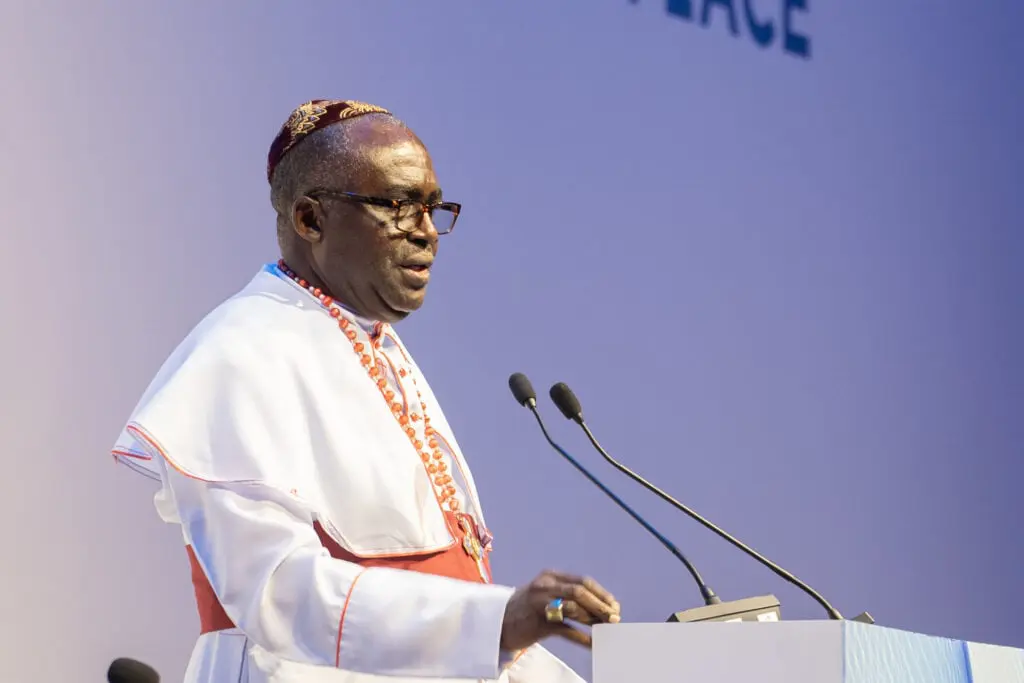Bishop Sunday Ndukwo Onuoha’s comments shine a crucial light on one of Nigeria’s most persistent and dangerous internal crises—farmer-herder conflicts. His warning that greater food insecurity looms is not just rhetoric; it’s grounded in real, visible consequences already playing out in parts of the country.
The fact that farmers are allegedly having their cassava tubers uprooted and fed to cattle paints a stark picture of the lawlessness and desperation in some regions. The bishop’s concern that the Federal Government is not doing enough resonates with many Nigerians, especially those in agrarian communities who face the dual threat of violence and economic hardship.
What makes this issue even more pressing is the timing. As Bishop Onuoha mentioned, farming season is underway, and if farmers are too afraid to plant or tend their crops, the implications for national food supply are dire. Food insecurity isn’t just a rural problem; it has national economic and social ripple effects, including inflation, increased poverty, and even forced migration.
His call for security agencies to “brace up” and identify the criminal elements disguised as herders is also timely. Too often, the line between pastoralism and criminality gets blurred, and that ambiguity only worsens the situation, leading to ethnic tension, distrust, and retaliatory violence.
This all ties into broader concerns about the Nigerian government’s capacity—or willingness—to respond effectively to grassroots security and livelihood issues. Bishop Onuoha’s voice adds to the growing chorus urging action, accountability, and long-term policy reform.
Do you think the government will feel enough pressure—politically or economically—to act more decisively on this? Or is this heading toward a deeper humanitarian and food crisis if left unchecked?

